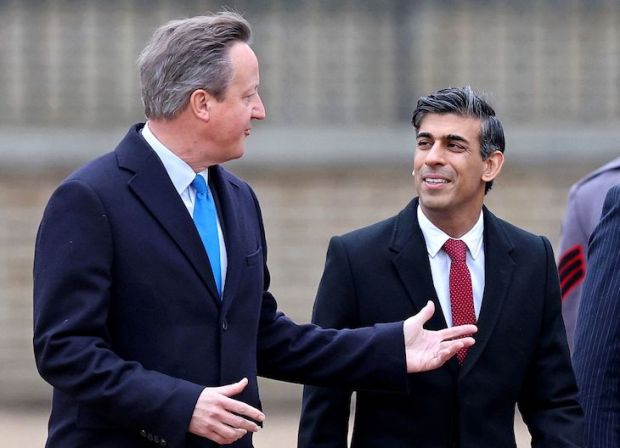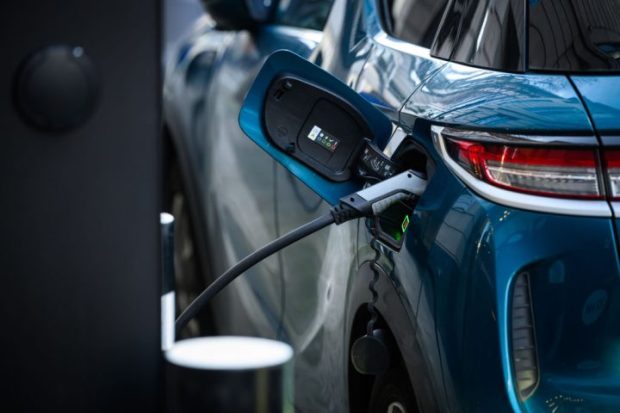What is the purpose of vaccine passports: to keep down infection or to try to persuade more people to get vaccinated by making life for the unvaccinated inconvenient and restricted? Danish Prime Minister Mette Frederiksen wasn’t trying to conceal her intentions when she announced in a press conference on 8 November that vaccine passports would be reintroduced. ‘For all of you who are not vaccinated, it of course becomes more burdensome and that is also how I think it should be,’ she said. ‘In my eyes, there are no excuses to not go out and get vaccinated.’
But did her cajoling do more harm than good? A study led by Frederik Jorgensen of Arhus University suggests that while the reintroduction of vaccine passports (they had previously been abolished along with other Covid restrictions on 10 September) increased the vaccination rate, it further reduced trust in the government and healthcare authorities among people who have chosen not to have the vaccine.
The study analysed the results of a Kantar survey on public attitudes which has been carried out in Denmark regularly since May 2020. Respondents are asked six questions, including: ‘I trust the political strategy behind the health authorities’ advice’ and ‘the health authorities’ advice are important to achieve a safe society’. Researchers found that among the unvaccinated, trust in health authorities’ handling of the Covid epidemic plunged by 11 to 13 per cent and their individual motivation to engage in collective action to stop Covid infections fell by 7 to 9 per cent. There was no such change in attitudes among the vaccinated. The findings were based on responses from just under 25,000 people, 800 of whom were unvaccinated.
In other words, while vaccination passports appear to have persuaded some people to get vaccinated, it has hardened the attitudes of a small proportion of people who had already decided that they did not wish to have the vaccine — possibly making it less likely that they will agree to have a vaccine in the longer term. Given Denmark’s relatively high vaccination rate — 77 per cent of the population have been jabbed, including 88 per cent of the adult population — the Danish government might decide that it is not too bothered about a small number of holdouts.
What we don’t know, however, is what effect strong-arm tactics will have on public trust in the longer term, and on issues other than Covid.
Got something to add? Join the discussion and comment below.
Get 10 issues for just $10
Subscribe to The Spectator Australia today for the next 10 magazine issues, plus full online access, for just $10.





















Comments
Don't miss out
Join the conversation with other Spectator Australia readers. Subscribe to leave a comment.
SUBSCRIBEAlready a subscriber? Log in